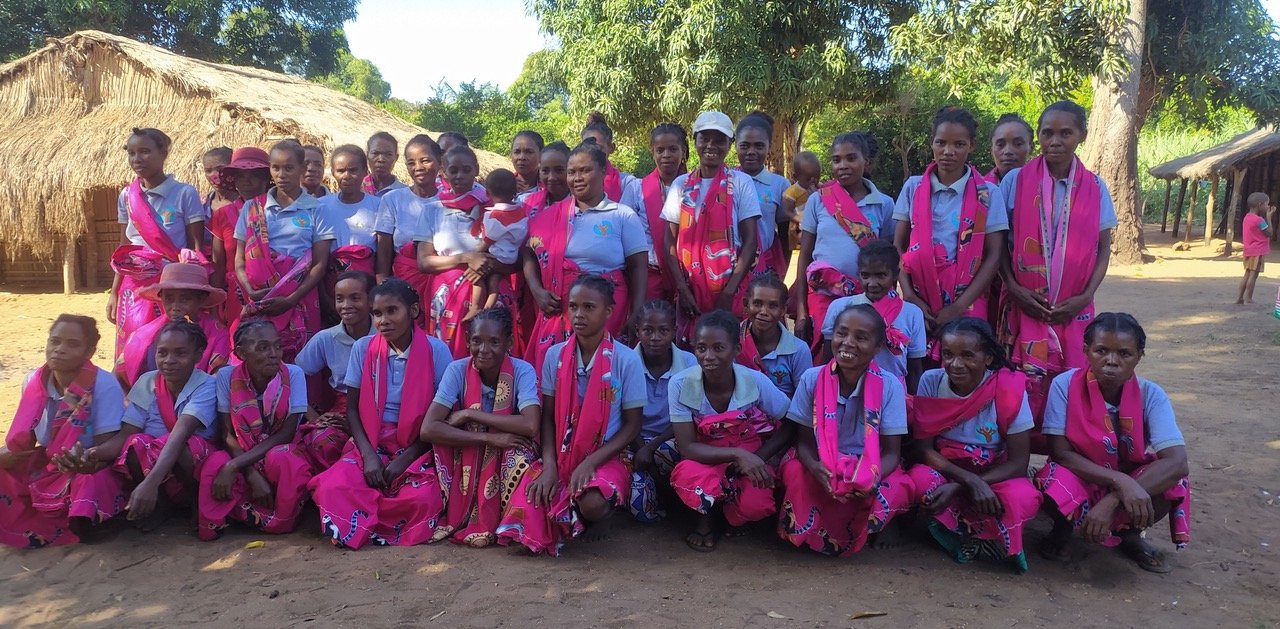Initiatives

Lemur Freedom Project
The Lemur Freedom Project (LFP) is dedicated to giving lemurs a second chance at freedom. By combining field research, welfare-based rehabilitation, and Malagasy-led conservation, the project works to rescue lemurs from illegal captivity, restore their health and natural behaviors, and—whenever possible—return them to safe habitats in their geographical area of origin.
LFP is a new conservation entity created through the collaboration of The Sloth Institute, Mad Dog Initiative, and TDARFAC—with the Madagascar Research and Conservation Institute serving as a key on-the-ground partner.
Together, we are building Madagascar’s first coordinated network for the rescue, rehabilitation, and release of lemurs affected by the illegal pet trade. MRCI is leading efforts to secure government authorization and land approval for the Nosy Kisimany Sanctuary, which will provide a permanent, semi-wild home for rescued lemurs that cannot be released. LFP will also establish a national triage and rehabilitation center near Ivato, empowering Malagasy professionals to lead the future of lemur care and conservation.

Women’s and Children’s Health Project
Empowering Communities Through Health and Conservation
We are proud to announce the launch of our Women’s and Children’s Health Project, a groundbreaking initiative that bridges healthcare and conservation to support communities around the reforestation corridor. This program is a collaborative effort to improve maternal and child health while fostering sustainable ecosystems in one of the world’s most biodiverse regions.

Association Vahatra
The goal of Association Vahatra is to develop an educational and research program focused on the biodiversity of the fauna of Madagascar and the advancement of Malagasy scientists trained in the latest techniques in conservation biology.

Reforestation Corridor
We are currently assisting with the creation of a wildlife corridor connecting two of Madagascar’s most important protected areas: Andasibe-Mantadia National Park and Analamazaotra Special Reserve. These areas are home to numerous Endangered and Critically Endangered species including 12 lemur species, the world’s most endangered mammals. Wildlife populations in the two protected areas are currently not connected due to past deforestation that previously connected these two forests. The ultimate goal of this project is to leverage the reforested 233 hectare corridor to create community-based ecotourism that can provide long term financial relief and food security to local communities.

Field Training Programs for Malagasy Master’s Students in Lemur Ecology, Behavior, & Conservation
A consortium of international lemur specialists was formed in 2021 with the purpose of creating two parallel Field Training Programs in Madagascar. We provided financial assistance, logistical and scientific support, and mentoring to eight Malagasy master’s students in the Anthropobiology and Sustainable Development Department (ADD) at the University of Antananarivo in Summer/Fall 2021. Our second training program season supported six Malagasy students in Spring 2022. Currently we are in the process of establishing annual training programs in Ankarafantsika National Park and Tsinjoarivo-Ambalaomby Protected Area to support the next generation of Malagasy scientists.

Mad Dog Initiative
The mission of The Mad Dog Initiative (MDI) is promoting wildlife conservation, animal welfare and human health in Madagascar through the care and humane management of domestic and feral dogs. Feral dog populations are known to be important carriers of diseases that can be transmitted to humans. Reducing zoonotic disease through feral dog vaccinations and spaying/neutering can reduce the risk of human exposure to devastating diseases like rabies. MDI conducts capture, spay/neuter, and vaccination of domestic and feral dogs in villages surrounding Ranomafana and Andasibe National Parks. The NGO also conducts camera trap and lemur transect surveys in forests surrounding these villages in addition to surveying households to investigate the impact of dogs on local wildlife. MDI works directly with and trains local veterinarians and veterinary students from University of Antananarivo.

New Nature Foundation*
The mission of the New Nature Foundation (NNF) is to conserve wild animals and wild places through education, empowerment, and an emphasis on creative solutions that promote people living in harmony with nature. Their current work focuses on protecting Kibale National Park in Western Uganda and Khau Ca Forest in Northern Vietnam through outreach education, sustainable stove building, production of two types of eco-briquettes, and tree planting. In-situ components of NNF programs are run by more than 25 Ugandan staff and interns and 10 Vietnamese staff who grew up in the communities around the rainforests they are now working to protect.

Planet Madagascar
Planet Madagascar (PM) is a conservation, education, and community development non-profit that was inspired by a PhD research project on the impact of forest fragmentation on the survival of lemurs. PM’s mission is to build sustainable forest communities. Since 2015, PM has worked closely with three local communities — Maevatanimbary, Ambanjabe, and Andranohobaka — to improve the lives of people that live in Madagascar while conserving lemurs and their habitat.

